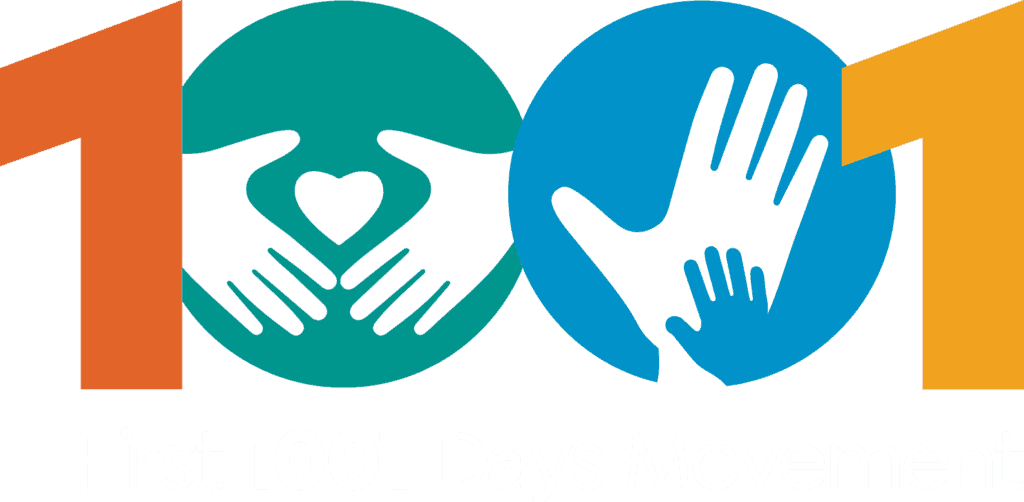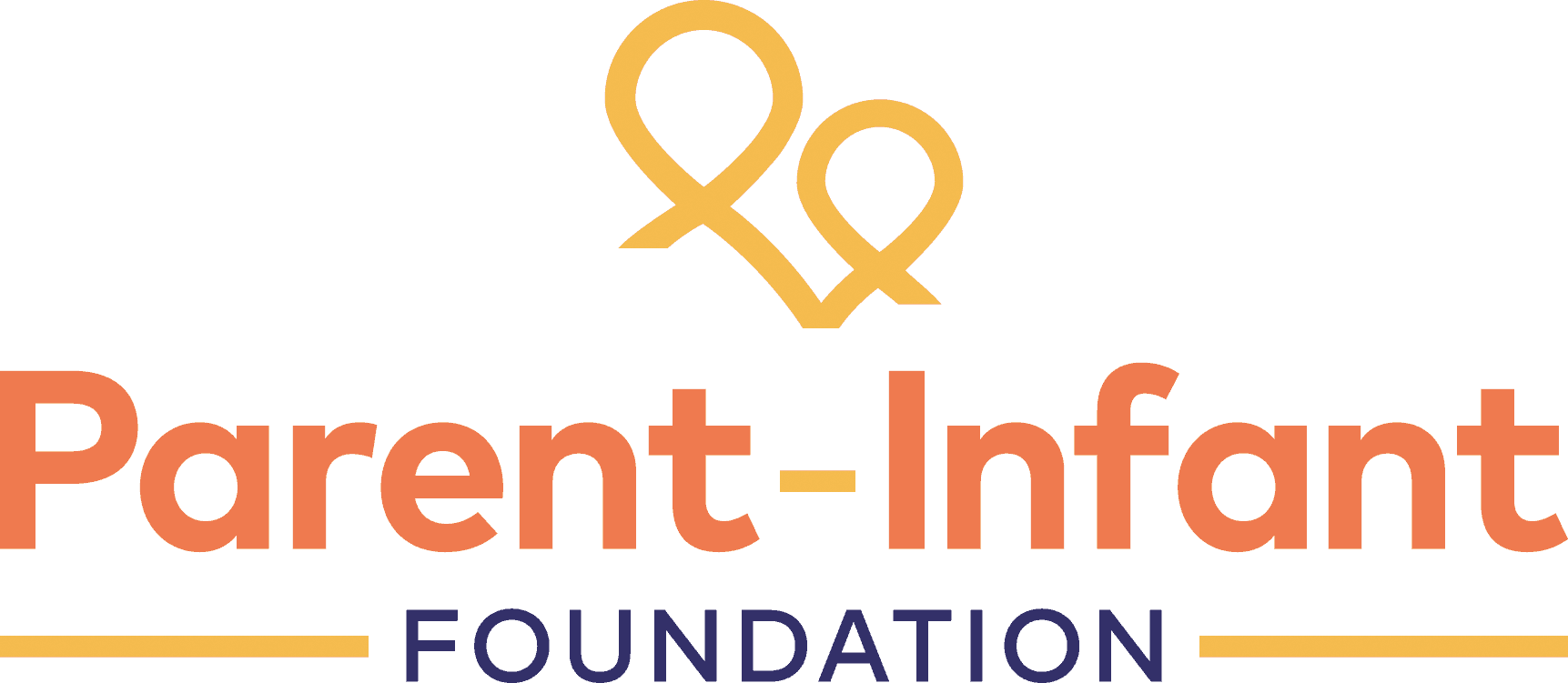

Working for Babies: Listening to local voices for a better recovery
In early 2021 our Working for Babies report – Lockdown Lessons from Local Systems, shone a light on how many local leaders and professionals took extraordinary steps to adapt, innovate and reach out and support families with babies during the first national lockdown.
In May 2021 we returned to listen to the voices of local professionals and service leaders across England to create this update report – Working for Babies – Listening to local voices for a better recovery.
Through a webinar and a series of online “action learning set” conversations, kindly hosted by the Local Government Association, we engaged 138 professionals and local leaders from local authorities across England to capture lessons from the pandemic that can help us in the future.
This new report shows that the COVID-19 pandemic continues to have a significant impact on babies, their families and the services this work with them.
More positively, this project has demonstrated what can be achieved when professionals in local areas work together, listen to communities and respond to their needs. It shows the value of “relationships-based infrastructure” where professionals are enabled and empowered to work together to best meet the needs of the families in their communities.
The report found that the areas with strong leadership and focus on the first 1001 days were poised to meet current challenges. However, in other areas services are stretched, professionals exhausted and systems hampered by silos and funding shortfalls. There is a real risk of services failing to respond to growing needs – with devastating consequences for many.
The report makes the following key recommendations:
- National and consistent local action is needed to build back better and to ensure all babies can benefit from a responsive and effective local service offer. This includes breaking down silos and agency boundaries that can hamper joined-up local approaches focussed on community needs and outcomes.
- National Government must show leadership in prioritising babies and to ensure there is sufficient resource in the system to deliver the support that families need.
- Money must be invested in system change and service delivery in the first 1001 days. A fraction of the £3.1 billion allocated for “catch-up” initiatives for school-aged children could support efforts to build back better for babies.
The support that babies and their families receive in the first 1001 days should not be a lottery determined by where they live. It is imperative that National Government take action to ensure all localities meet the needs of their children, through increased accountability, support and challenge to local leaders. The UK Government’s Best Start for Life vision sets out measures that might address this, and it is crucial that these written commitments translate into real change. It is now time for clear and properly funded long-term national action, which leaves no scope for any locality to fail its youngest citizens.
You can view the PDF below, or download the PDF by clicking here.
Working for Babies: Lockdown lessons from local systems
The Working for babies: Lockdown lessons from local systems report summarises the impacts on babies of COVID-19 and the Spring 2020 national lockdown. The report, written by Jodie Reed and Natalie Parish of Isos Partnership, also explores how local systems responded to the challenges presented by COVID-19. It seeks to understand the factors which have shaped the response by services which support babies and their families. Most importantly, the report seeks to ensure that lessons are learned for the future of service provision for this age group.
The report presents a varied picture across the UK, with evidence that:
- “hidden harms” of the Spring lockdown on 0-2s were broad and significant, and experienced unevenly depending on family circumstances and background.
- historically inadequate or insecure funding, and a rising tide of need, has inhibited the ability of some services and areas to respond to the coronavirus crisis.
- there were often ‘baby blind-spots’ where babies’ needs were overlooked in policy, planning and funding.
The report also draws on a survey of 235 senior leaders of pregnancy and 0-2 services across the UK. The survey findings showed that:
- Almost all (98%) of the survey respondents said babies their organisation works with had been impacted by parental anxiety, stress or depression which was affecting bonding and responsive care.
- 78% of respondents were clear that the government in their nation had not done enough for the under 2s, creating this ‘baby blind-spot’.
- The majority (80%) said that some babies they work with had experienced increased exposure to domestic conflict, child abuse or neglect, with 29% saying many babies they work with had been impacted.
We are now calling for governments across the UK to focus on ensuring all babies live in a ‘baby-positive’ local system.
You can view the PDF below, or download the PDF by clicking here.
